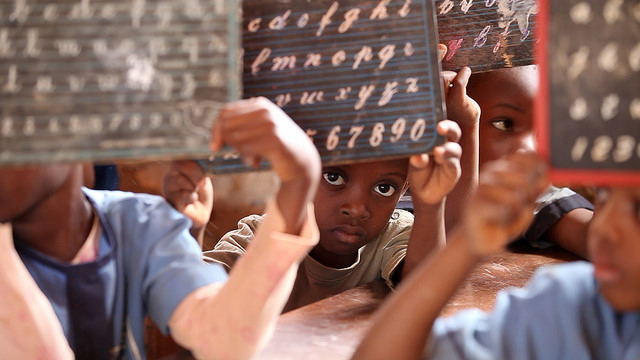Fuente: globalpartnership.org / 9 de junio de 2016
Once children are in school, the next challenge is to ensure that they are learning to read, write and count, and acquire the skills they will need to become productive members of society.
Since 2000 significant gains have been achieved in access to primary education globally, however, the quality of learning remains a major challenge.
According to UNESCO, an estimated 250 million children either don’t make it to grade 4 or reach grade 4 without basic skills in reading, writing and math.
Factors such as poverty and extreme inequality put children at greater risk of not learning the basics. Living in rural areas or in remote parts of a country also reinforces disadvantages.
Schools in remote areas frequently lack trained teachers, and instructional materials are inadequate and often in short supply. These factors make it difficult for children and youth from marginalized groups to develop strong foundational skills in reading, writing and numeracy.







 Users Today : 4
Users Today : 4 Total Users : 35460135
Total Users : 35460135 Views Today : 6
Views Today : 6 Total views : 3418789
Total views : 3418789